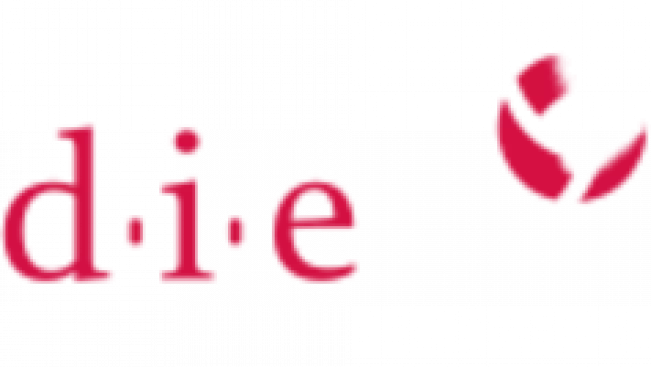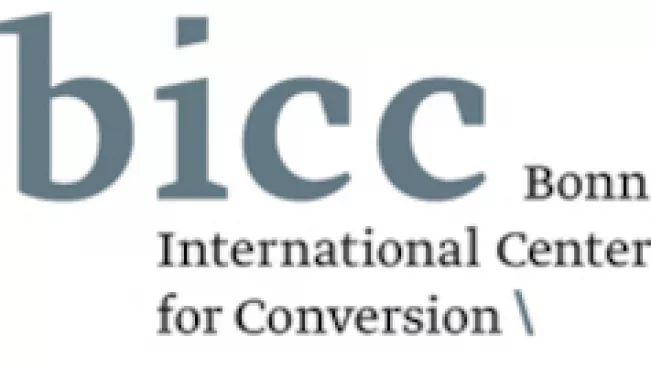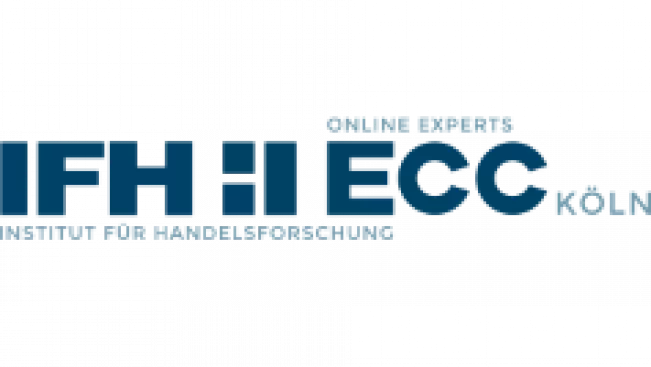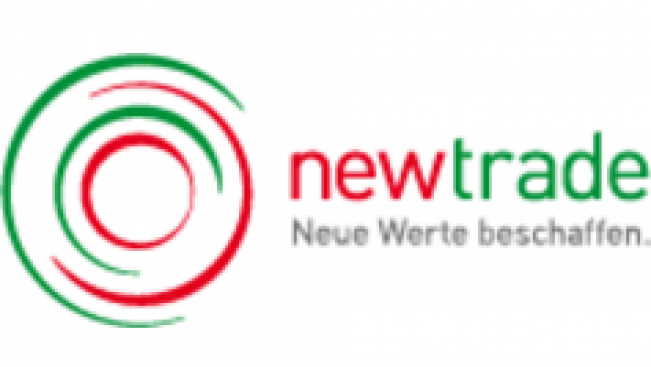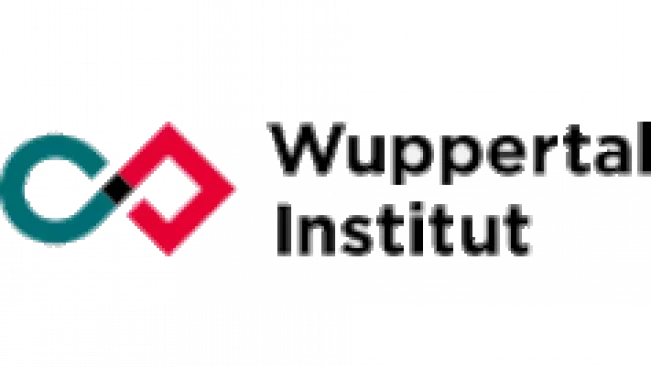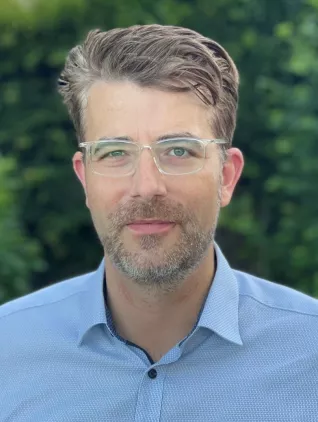Research- and Transfernetwork on sustainable public procurement in NRW
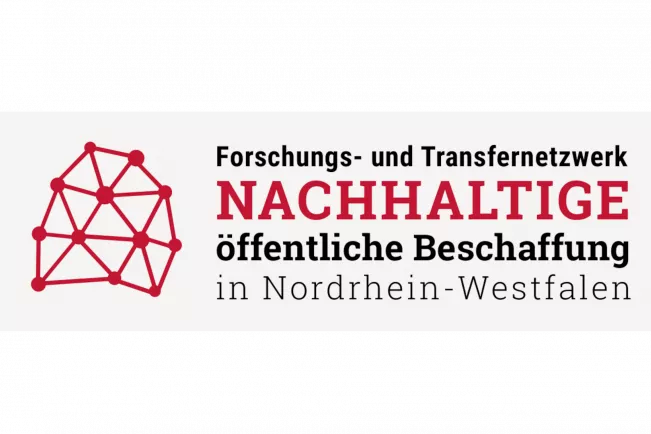
Research project at a glance

Departments and Instituts
Period
01.06.2016 to 31.05.2017
Project Description

NRW has an enormous market power with an annual procurement volume of approx. 50 billion euros. Increasing demands on the sustainability of these products demanded by the public sector have already shown positive effects. At the same time there is still potential for improvement in the consideration of ecological and social aspects in public tendering procedures. Our research and transfer network on sustainable public procurement in NRW is dedicated to the identification of relevant barriers and drivers, value chains as well as potential solution options.
Action 1: Empirical findings
The research and transnational network will initially generate three-phase work-oriented transformative knowledge:
Actors and networks: The field of regulating, regulatory and advisory actors and networks on sustainable procurement is diverse and has so far not been adequately covered. The aim of this work package is therefore to identify relevant stakeholders and to analyze their roles.
Public procurement in NRW (system knowledge): Procurement processes in NRW vary widely depending on the administrative unit and type of public body. Therefore, these processes are described and analyzed in detail in the second work package. Another question is which drivers and blockages can be identified that promote or hinder the transformation towards sustainable procurement. In addition, instruments are recorded that can permanently ensure sustainable procurement practices in the public sector.
Transformative knowledge base (target knowledge): There are hardly any reliable data and information about which product groups are particularly relevant to sustainability and which trading partners are important in this topic. In the third work package, the first knowledge elements on these aspects are brought together and research questions for future projects of the network are developed.
Action 2: Stakeholder dialogue and knowledge diffusion
According to our transformative research agenda, an intensive dialogue with practitioners in the identification of research gaps and their processing is a central task of our network. We also develop approaches for effective diffusion of relevant knowledge into practice.
Components of the stakeholder dialogue, in addition to participatory workshops, also provide interviews on the central issues of our network as well as close cooperation with practitioners in data collection and analysis. Furthermore, we actively involve the praxis level in the development of our research agenda. At the same time, we are endeavoring to revise our research results in a comprehensible and implementation-oriented manner in order to ensure the most effective possible knowledge diffusion.
Action 3: New project topics
In addition to the development of the first empirical results, our network pursues the goal of identifying innovative research questions and project topics. On this basis we will start new projects. In addition to research facilities, we also want to address the praxis level in the sense of the practice and transfer idea. Cooperations with municipalities, companies and civil society are possible as well as projects in the narrower scientific context.
In the course of this development, we intend to expand the NRW focus thematically and spatially. In addition to European policy comparisons, a stronger focus on procurement in emerging and developing countries is an option. Key issues such as the identification of sustainability-relevant product groups for the public sector and the analysis of corresponding value chains will also play an important role in the follow-up phase.
Cooperation partners
